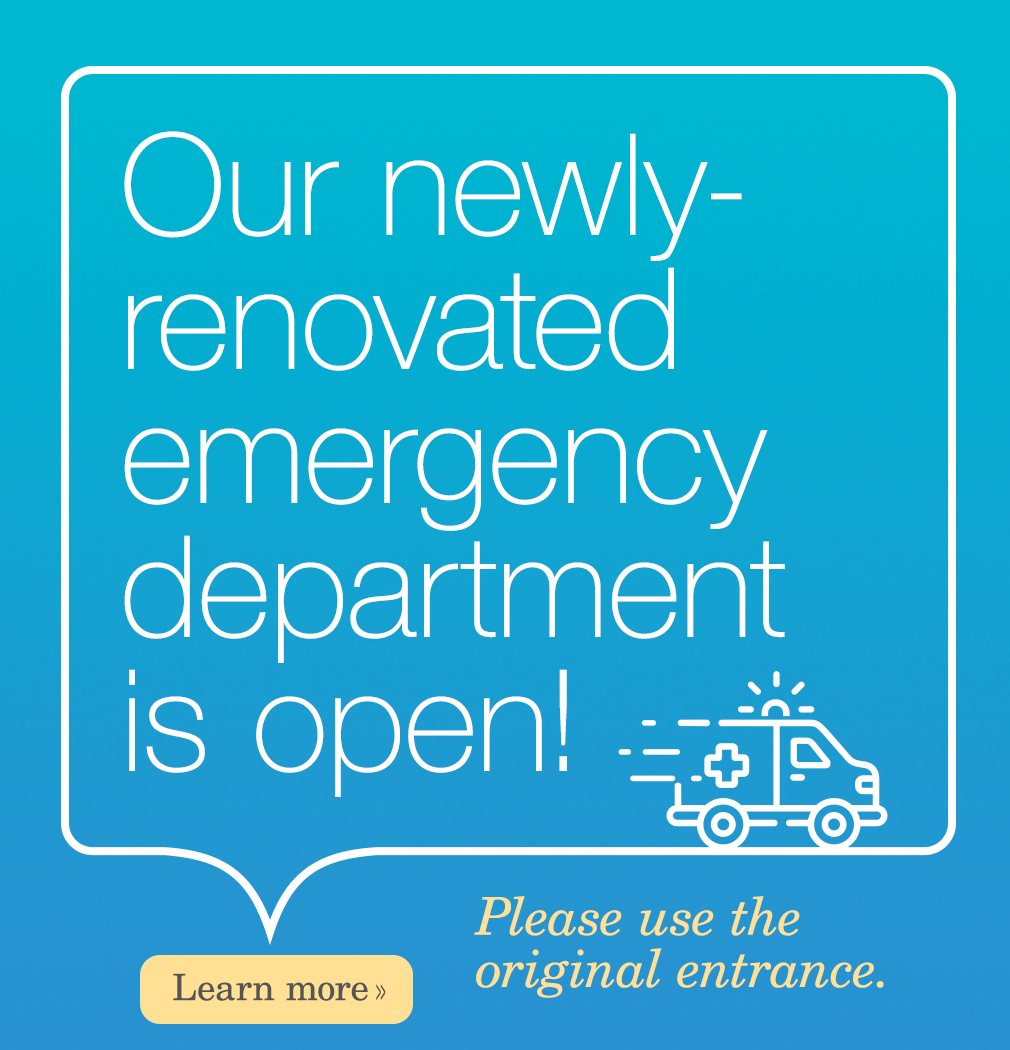

Would Repeal of Affordable Care Act Have Impact Locally?
Yes. The Affordable Care Act (which some refer to as ‘Obama-care’) has been integrated into the healthcare system of our country and Vermont. It has become the basis for how many individuals obtain health insurance, how they access the care they need, and how physicians and hospitals are reimbursed for caring for our patients. It is the basis for the exciting work on an All Payer Model approach that Vermont is pursuing to transition away from ‘fee-for-service’ reimbursement (where providers are paid every time we see someone) to a population health approach (where providers are paid for maintaining and improving the health of their community). Talk of a rapid repeal of the Affordable Care Act – without a clear and viable approach ready and activated to replace it – is very concerning and could limit access to care. This is a time for serious, detailed reflection on what is working, where the challenges are, and how things can be improved. That discussion might lead to a change in the law. If it does, that change should be made in a manner and on a timeline that allows for proper transition so individuals or providers are not harmed in the process through a lack of access to care, insurance, or proper reimbursement.
Last week, NMC’s Chief Financial Officer Chris Hickey and I had the opportunity to join leaders from other Vermont hospitals in speaking in person with Vermont Congressman Peter Welch. Representative Welch wanted to hear from us what the ramifications of repealing the Affordable Care Act would be in Vermont. We spoke of more Vermonters now having health insurance since the passage of the act. This has resulted in a reduction of the amount of uncompensated care we have to provide in our physician offices and at the hospital due to people not having the resources to pay for their care. This reduction in bad debt and free care has been significant – not only to providers, but to patients as well. We know Vermonters actually want to pay their bills and we fear that sometimes concerns over possible difficult paying for care can keep individuals from seeking the care they need. This can result in conditions spiraling into emergencies, risking the person’s health and ultimately costing the system more than early intervention or prevention would have in the first place. Given that, ensuring that the effort to provide as many people as possible with health insurance is crucial, regardless of what law drives that effort.
Here in Vermont, the pursuit of the All Payer Model (APM) to shift the focus of our healthcare system to population health holds promise for a healthier future. It is directly linked to the Affordable Care Act and could be at risk if repeal does not allow it to continue. The APM would create an even greater emphasis on Primary Care. It continue the funding to support secondary prevention such as the work that the Vermont Blueprint for Health community care teams are doing with patients in ‘certified medical home’ primary care practices all around the state. Their work with individuals living with chronic disease to help them better manage their conditions and avoid costly medical incidents improves quality of life for patients and reduces overall system costs. Those funds are scheduled to go away if the All Payer Model is not achieved. The funding for the continuation of the SASH (Support and Services at Home) program is in a similar situation. This work is so important in keeping people healthy in their homes and avoiding the need for use of more costly settings. Loss of either of these initiatives would have a significant negative impact on the health of Vermonters. Also, within the APM, is a proposal to create a statewide emphasis on primary prevention so Vermonters can embrace healthier lifestyles and realize improved quality of life and lower healthcare costs long-term. Our local initial success with RiseVT has caught the attention of leaders and communities across the state and there is strong interest and active efforts in bringing that approach statewide in a thoughtful, impactful and sustained manner. Transformational funds through the APM would make that possible and the loss of that opportunity would be significant for Vermont’s future.
I appreciate Representative Welch’s interest in understanding the impact that Federal action can have on Vermonters. The work in Washington needs to focus on the best way to move forward together. Improvements can be made and improvements are always welcomed. If repeal is the answer, repeal must be accompanied by an effective, viable, and sustainable replacement. Insurance, access, and care must continue uninterrupted. Important services crucial to health and cost savings must continue. Promising initiatives must be pursued. We have to do this together, with a focus on a healthier future for all.
— Jill Berry Bowen, NMC’s Chief Executive Officer

